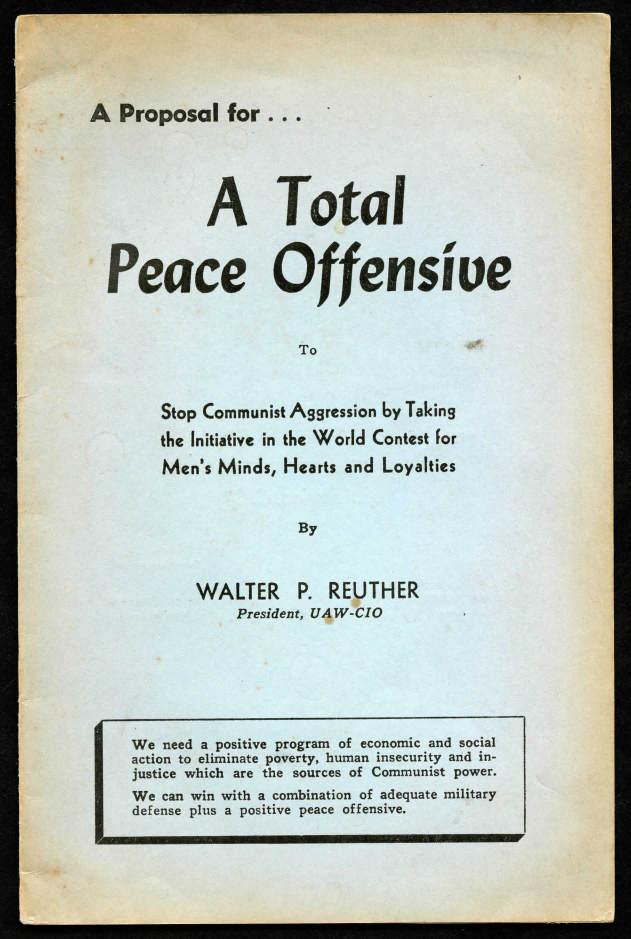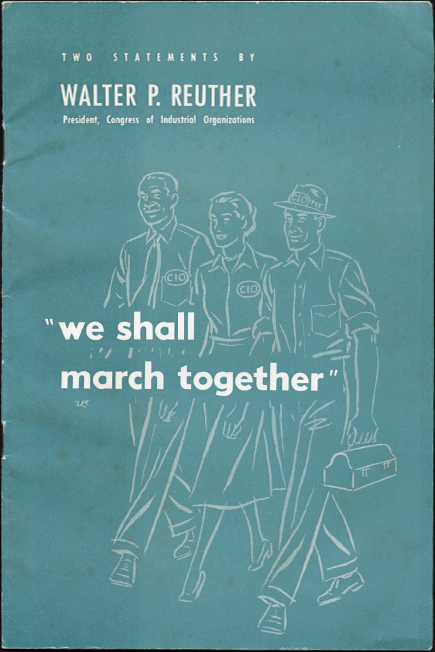CIVIC EMPATHY
Civic Empathy Through History: A Partnership with the Senator John Heinz History Center
 As a member of the Heinz History Center Affiliates (HCAP) program, the WALS Foundation is proudly taking part in an initiative called the “Civic Empathy through History” Project.
As a member of the Heinz History Center Affiliates (HCAP) program, the WALS Foundation is proudly taking part in an initiative called the “Civic Empathy through History” Project.
The project will link a network of sites throughout our region that will create engaging experiences to build empathy and serve as the foundation for civic engagement.
A part of the Grable Foundation’s Tomorrow Grants program, the project will highlight stories and artifacts across Affiliate sites that show how people have taken action to make positive impacts on their communities.
Through developing the skill of empathy, visitors will be empowered to see the ways that people have historically been involved in civic action and how they can be involved in the present.
Each site will identify a story of civic empathy and will convey that story using an object, artifact, archive (like a photo, letter, etc.), or book.
It will become the goal that once someone visits our site (either physically, that is in-person and/or via an online portal) to learn more about the “Civic Empathy through History” project – all while exploring our story of civic empathy - they will then hopefully become motivated to take some form of action (i.e., and via the “call to action station”).
Our (WALS) proposal ties the philosophy of Wheeling's own Walter Reuther to the Jobs First Agenda.
 Reuther, a union leader, and Civil Rights advocate, became known around the world. In 1950, Reuther wrote “A Proposal for a Total Peace Offensive.” This booklet provided a strategy to give people hope that they could live without poverty and inequality through a positive program of economic and social action to eliminate poverty and injustice and safeguard American Democracy against Communism, during the height of the Cold War.
Reuther, a union leader, and Civil Rights advocate, became known around the world. In 1950, Reuther wrote “A Proposal for a Total Peace Offensive.” This booklet provided a strategy to give people hope that they could live without poverty and inequality through a positive program of economic and social action to eliminate poverty and injustice and safeguard American Democracy against Communism, during the height of the Cold War.
Reuther believed that by empowering the powerless, people would be less attracted to anti-democratic types of government such as Communism, the most feared anti-democratic system during the Cold War. He believed that authoritarianism thrived when citizens were fearful, hopeless, and desperate. He designed his plan for social justice to fight authoritarian systems by giving people good jobs, treating them fairly, and inviting them to have a seat at the table to bargain for their futures.
➤ Download and read a pdf of the A Total Peace Offensive booklet.
 A booklet published by the C.I.O. in 1952, contains two statements by Walter Reuther about how to achieve economic justice. “We shall exhaust every means of resolving issues across the bargaining table," Reuther wrote, "but failing to get economic justice through that process, we shall march together on the picket lines of America.”
A booklet published by the C.I.O. in 1952, contains two statements by Walter Reuther about how to achieve economic justice. “We shall exhaust every means of resolving issues across the bargaining table," Reuther wrote, "but failing to get economic justice through that process, we shall march together on the picket lines of America.”
➤ Download and read a pdf of the We Shall March Together booklet.
Wheeling needs jobs in fields like infrastructure and green energy and policies that will stimulate hope. Developed by the WALS Foundation, the “Jobs First Agenda” is based on the ideas of Walter Reuther. It outlines ways to preserve democracy by eliminating injustice and providing equal opportunities.
The Jobs First Agenda is also based on principles embodied in the 1948 Universal Declaration of Human Rights, such as the right to a free public education, the right to a well-paying job, and the right to free universal healthcare, ideas that Walter Reuther was among the first national figures to espouse.
> Download and read a “Jobs First Agenda” brochure.
Please start by reading the Top Ten Features of the Jobs First Agenda to get a sense of how it works.

